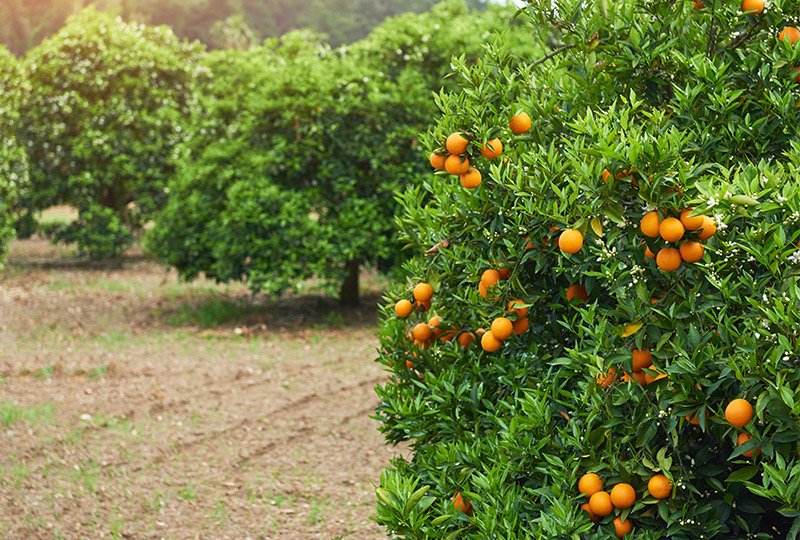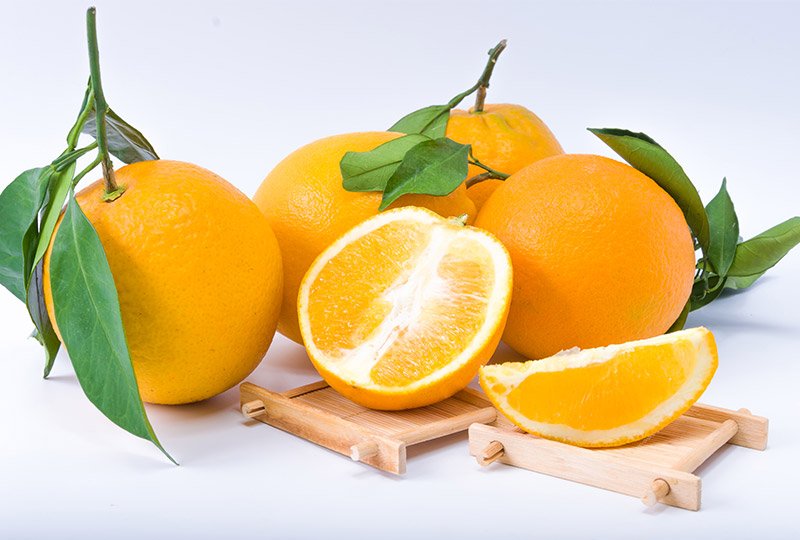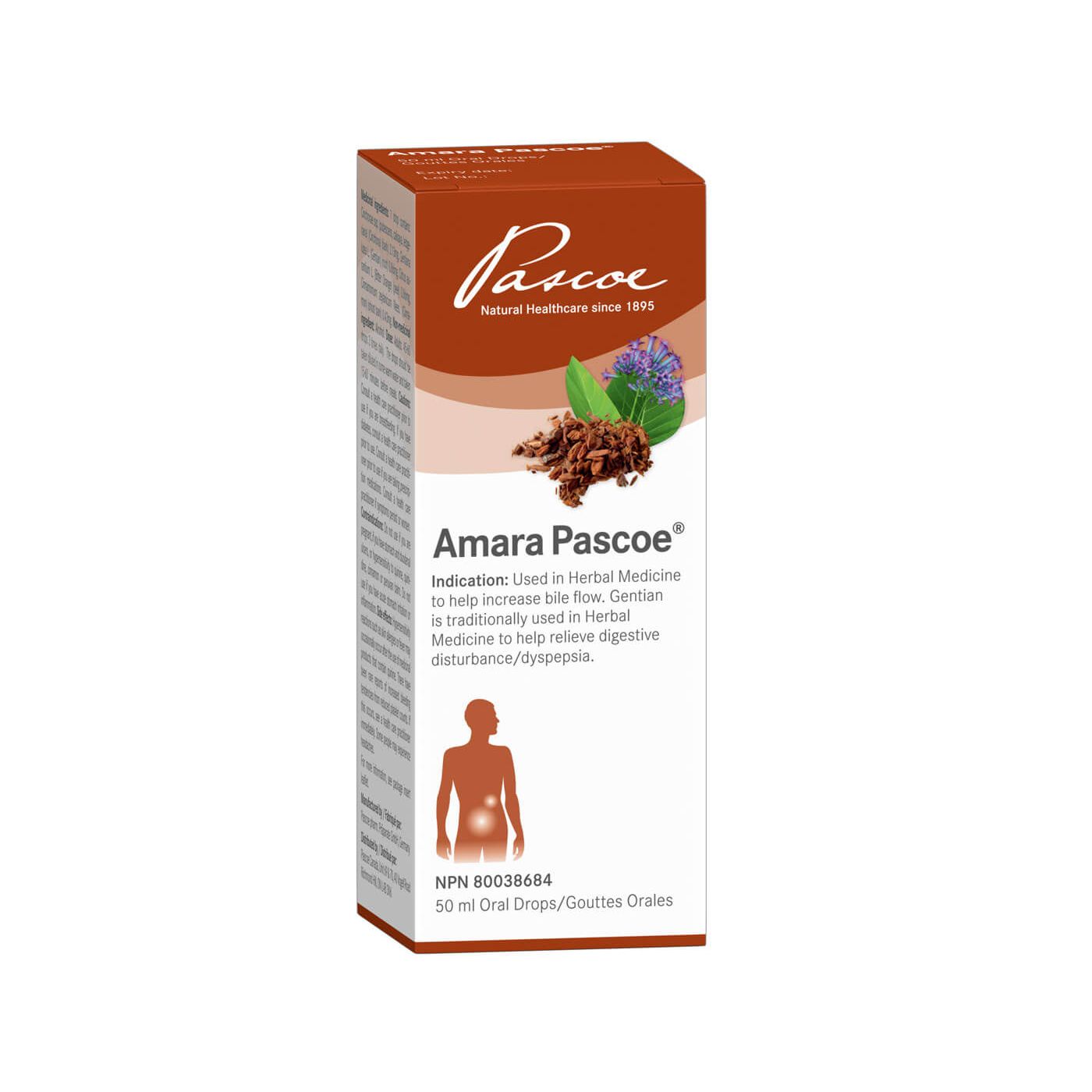Thyme


Bitter Orange
Bitter orange (Citrus aurantium) is an aromatic variety of citrus. As the name implies, the tree produces highly bitter and tart fruits. Still, bitter oranges have been used in food and medicine since way back.
Orange marmalade and Bigarade sauce are made from cooked fruits. The dried orange peels are traditionally used for stimulating the appetite as well as for treating gastric juice deficiency.
In combination with other herbs, Chinese Traditional Medicine has used bitter orange peel for indigestion, nausea, and constipation for thousands of years.
Many varieties of bitter orange trees are cultivated for their three kinds of essential oils. The very expensive neroli oil is distilled from the bitter orange flowers. Petitgrain oil is extracted from its leaves and young shoots. Both are used in perfumes, cosmetics, and aromatherapy.
The popular bitter orange oil is made from fruit peel. It contains flavonoids, a group of plant compounds that acts against inflammation, bacteria, and fungi. These bitter orange essential oil benefits, plus its pleasant fragrance, explain its long-standing use in aromatherapy and as antiseptic.
Although historically used to stimulate appetite, Citrus aurantium can be often found in modern weight-loss supplements. The reason for this is its active compound synephrine.
This compound is structurally similar to the stimulant ephedrine, which is known to promote weight loss. However, they have different pharmacologic properties, meaning the two components act differently.
The use of the ephedrine-containing herb ephedra in dietary supplements was banned by the U.S. Food and Drug Administration in 2004. By causing high blood pressure, the use of ephedra is linked to cases of heart attack and stroke.
Therefore, the bitter orange extract is used as a common substitute in “ephedra-free” dietary supplements.
Origin and types
All citrus trees belong to the genus Citrus in the citrus family, also known as the rue family (Rutaceae). There are three types of oranges: sweet oranges, bitter or sour oranges, and mandarins.
The sour orange (Citrus aurantium) and the sweet orange (Citrus sinensis) are very distinct botanical species. Mandarins, often called mandarin oranges, are the ancestors of common oranges.
Native to southeast Asia, many varieties of sour orange are nowadays found in different parts of the world. The plant is also known as Seville orange, Bigarade orange, and marmalade orange.
Medicinal preparations are mostly made from Citrus aurantium subsp. aurantium, also called C. aurantium subsp. amara.
What does the plant look like?
The height of the evergreen tree ranges from 2 to 9 metres. It has a more compact crown than the sweet orange. Its leaves are long, leathery, and dark green.
The flowers are highly fragrant and have 5 to 8 white petals. From April to June, they grow singly or in small clusters.
The fruit has thick, dimpled skin. It turns to bright reddish-orange when ripe and the centre of the fruit becomes hollow. The pulp of the fruit is bitter and holds less orange juice than sweet oranges.
Where does the name come from?
Bitter or sour oranges live up to their name as one of the most tart and pungent citrus fruits.


The word “orange” is thought to come from a transliteration of the Sanskrit word “nāraṅga”. This originates from the Tamil words “naru”, meaning fragrant, and “ārañcu”. The word “ārañcu” translates to “6 and 5”, implying 11 since the fruit typically has 11 individual pieces inside.
In some languages, the orange fruits are known as “Chinese apples”, such as the Danish and Norwegian “appelsin”.
Bitter Orange as a medicinal plant
The Citrus aurantium fruit has leathery skin with many oil glands. Both the peel and its essential oil are considered generally safe by the U.S. Food and Drug Administration.
In traditional medicine, it is well known that bitter orange peel benefits digestive problems. There, it has a long-standing use for issues like flatulence, dyspepsia, constipation, sluggish digestion, appetite loss, intestinal gas as well as nausea.
In Traditional Chinese Medicine, bitter orange preparations are added to multiple ingredient formulas to treat indigestion, abdominal distension, and other digestive issues.
In modern herbal medicine, orange peel is used to stimulate the appetite, to treat gastric-juice deficiency, and to aid digestion. For these health benefits, it is a common ingredient in digestive bitters along with other herbs such as gentian or juniper.
Also, bitter oranges can benefit the skin. Germ-killing effects of bitter orange oil against bacteria and fungi are scientifically proven. Therefore, bitter orange essential oil is used for and benefits fungal skin infections as well as pimples and acne.
In aromatherapy, the uplifting but also calming oil is used to ease stress and anxiety. Clinical studies confirmed that inhalation or oral administration of Citrus aurantium can have beneficial effects on anxiety.
More recently, bitter orange extracts are used for weight loss supplements, bodybuilding, and improving athletic performance.
Medicinal Properties of Bitter Orange
Depending on the dosage form and quantity, bitter orange peel and essential oil show a range of medicinal activities such as
- promoting appetite and digestion
- relieving flatulence and spasms
- easing anxiety
- calming or stimulating
- antiseptic and astringent effects
How and what is it used for
The fruit peel is used as a traditional digestive aid and appetite stimulant. The peel and the juice also seem to be good sources of antioxidants. Besides, consuming bitter orange juice can benefit our vitamin C intake.
Bitter orange oil is used in aromatherapy to help with nervousness and anxiety. It is applied to the skin for fungal diseases and can also be found in many skincare products.
Today, bitter orange extract and synephrine are widely used for weight loss or weight management, appetite control, and increasing energy and metabolism. However, the US National Collegiate Athletic Association (NCAA) lists synephrine as a banned stimulant.
Questions have been raised about the safety of bitter orange supplements since the structure of synephrine is similar to ephedrine.
Safety of synephrine-containing products
Bitter orange extract is often used in “ephedra-free” products since the FDA banned ephedra for serious side effects.
Back in 2004, reports of serious adverse reactions triggered public concern also to products containing Citrus aurantium. However, subsequent investigations revealed that many reports were duplicates or very incomplete.
Also, most reports involved either ephedrine-containing products without a bitter orange ingredient or products that also contained caffeine. Only one report was about a product with bitter orange as the only active ingredient.
In 2017, scientists reviewed 30 human studies with bitter orange extract and p-synephrine. They concluded that both are safe for use in dietary supplements and foods at the commonly used doses. However, weight-loss products often use much higher concentrations than traditional extracts.
Health Canada states that doses of 1 to 50 mg p-synephrine per day are not likely to cause any adverse health consequences. Nevertheless, a combination with caffeine - as often is the case in weight loss and bodybuilding products - is not recommended. Combined use may increase the risk of adverse effects.
How does it work?
Besides the volatile oil, para- or p-synephrine is the main active compound in the peel. It has thermogenic, meaning heat-producing, properties.
Often referred to as simply synephrine, it is sometimes confused with meta-synephrine which has potent cardiovascular effects.
In contrast to the meta-form, p-synephrine is naturally found in juices of several popular citrus varieties. Research has shown that para-synephrine does not increase heart rate or blood pressure even at oral doses up to 100 mg.
In addition, the orange skin contains bitter-tasting substances called neohesperidin and naringin. They are the reason for its typical bitterness and its use as a digestive aid and appetite stimulant.
Our body contains receptors for bitter compounds not only in the mouth and tongue, but the stomach, gut, liver, and pancreas. This is mostly for protective reasons, as most poisonous things taste very bitter.
Still, the stimulation of these bitter receptors promotes healthy digestion by increasing digestive secretions. Also, the bile flow is stimulated. This digestive cascade results in better digestion and relieves digestive issues.


What makes Bitter Orange different?
Bitter orange extract benefits digestion and appetite. However, the appetite is only stimulated if there is no healthy appetite, for instance, due to illness or a condition.
In case we are “well-fed”, feelings of hunger are not additionally fueled, but rather regulated. Especially in low doses, bitter substances may even slow down cravings for sweets.
Cautions and drug interactions
Taking bitter orange with monoamine oxidase inhibitors (MAOIs) may increase the concentration of the drug and cause serious side effects.
Taking bitter orange along with midazolam might increase the effects and side effects of the drug.
Because of potentially additive effects, synephrine use should be avoided in patients with severe hypertension, tachyarrhythmia, hyperthyroidism, or narrow-angle glaucoma.
Children, as well as pregnant or breastfeeding women, should avoid bitter orange products since safety data are lacking.
Applied to the skin, bitter orange oil can make the skin sensitive to UV light and sunlight. This particularly affects fair-skinned people.
Many people consume p-synephrine daily in citrus juices and foods without experiencing any harmful effects. However, you should always check with your doctor first before starting any new health product.
Pascoe products that contain Bitter Orange:
Disclaimer
Pascoe Canada does not offer health or medical advice as we are not a healthcare practitioner. Please speak with your healthcare practitioner before beginning any program related to nutrition, diet, exercise, fitness, medical, and/or wellness. All content published by Pascoe Canada is developed through collaborating with licensed medical professionals and contributors. This includes text, graphics, images, and other material on the website, newsletter, and products (“Content”). This content is for informational purposes only and does not constitute medical advice. The content does not substitute professional medical advice, diagnosis, or treatment. Please always do your own research on whether this is for you along with your healthcare practitioner advice. Always consult your healthcare practitioner prior to use specific herbs because you might have underlined conditions needs professional care. The content is general in nature and are subject to change. It is not intended to cover all possible uses, directions, precautions, warnings, drug interactions, allergic reactions, or adverse effects.


